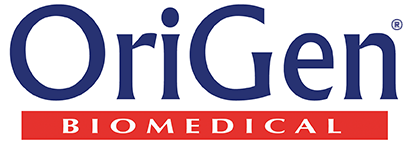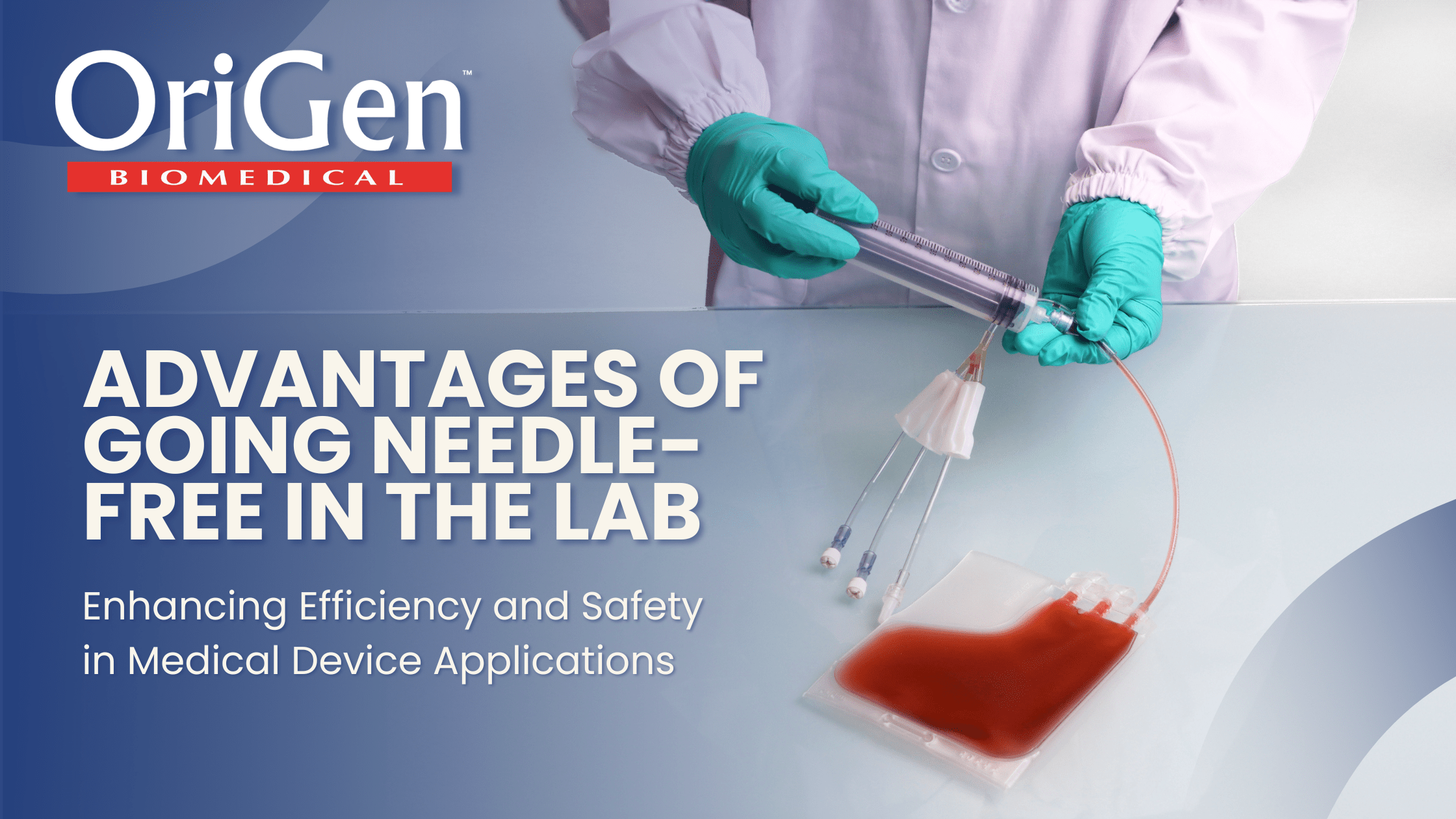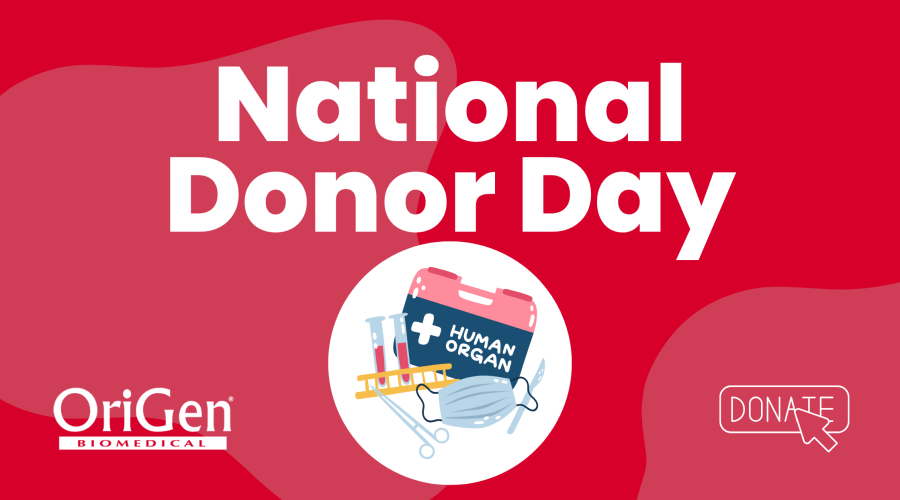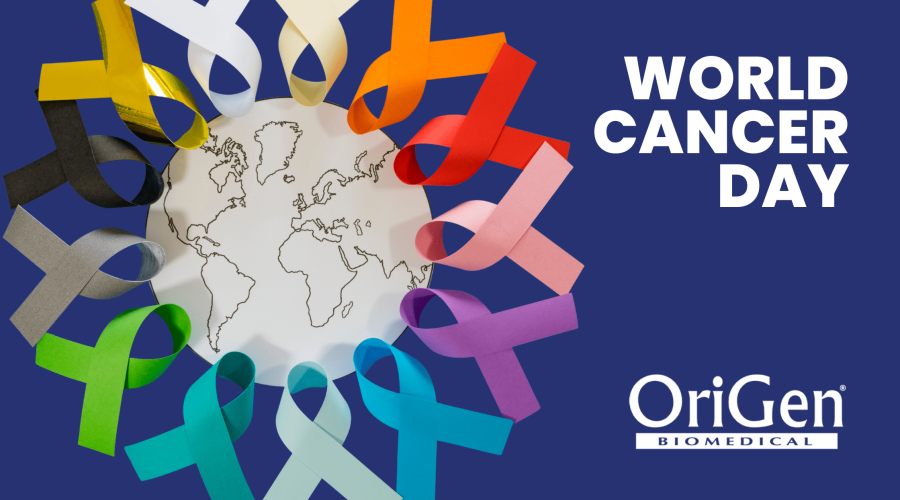In the ever-evolving landscape of medical device technology, the quest for safer, more efficient laboratory practices continues to drive innovation. One notable trend gaining momentum is the transition to needle-free solutions. We will explore the compelling advantages of going needle-free in the lab and how it is transforming medical research and applications.
Improved Safety
The safety of laboratory personnel is of paramount importance, and needle-free systems play a pivotal role in enhancing overall safety. Traditional needle-based procedures carry inherent risks of accidental needlestick injuries. By adopting needle-free technologies, associated risks are significantly mitigated, creating a safer working environment for laboratory staff and reducing the potential for cross-contamination.
Minimized Leaks
Maintaining an aseptic and contamination-free environment is paramount in medical research and applications. Needle-free systems, including cryopreservation bags and cell culture bags, are designed with integrated connections that minimize the risk of leaks during sample transfer. This feature aids in the integrity of valuable samples, thereby improving research accuracy.
Increased Efficiency
Needle-free systems streamline laboratory workflows by eliminating the need for multiple manual steps, such as attaching and detaching needles. With innovative designs and user-friendly interfaces, these systems enhance operational efficiency, allowing researchers to focus more on their work and less on intricate procedural details. In addition, the single-use disposable accessories that complement needle-free systems contribute to time and resource savings by simplifying setup and cleanup processes.
Cost-Effectiveness
While the initial investment in needle-free technology may be perceived as a consideration, the long-term benefits often outweigh the costs. Reduced instances of needlestick injuries and associated healthcare costs, along with increased efficiency and minimized contamination risks, contribute to a positive return on investment over time.
The shift towards needle-free technology marks a significant advancement in the medical industry. From cryopreservation bags to cell culture solutions, needle-free systems offer a multitude of advantages that enhance safety, efficiency, and overall research outcomes. As medical device companies continue to innovate and refine these technologies, laboratories around the world can look forward to a future where needle-free practices become the new standard, benefiting both researchers and patients alike.




